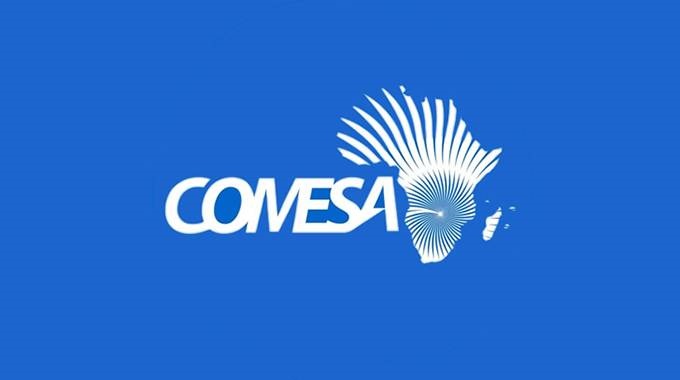‘Zim has enough forex to sustain economy’

Leonard Ncube, Victoria Falls Reporter
THE foreign currency auction introduced by Government last year has been critical in revitalising the economy despite deliberate inflation of black market exchange rates by unscrupulous businesses and dealers, Reserve Bank of Zimbabwe Deputy Governor, Dr Kupukile Mlambo has said.
Speaking at the 2021 Zimbabwe National Chamber of Commerce (ZNCC) annual congress in Victoria Falls, Dr Mlambo said the country has enough foreign currency to sustain the economy.
He said the foreign currency challenge is a perennial problem that has been there since Independence with various measures put in place over the years to harness it.
“We believe the auction platform we introduced last year has been critical in reinvigorating economic recovery.
“We have a very stable foreign currency pot in the country if one goes by the amount we have, we have US$1,2 billion stocks and we believe US$1,5 billion is circulating in the market yet our economy continues to suffer,” said Dr Mlambo.
He said the country introduced a conservative monetary framework and Dutch auction at the height of the crisis last year, meaning the black market should not thrive in such an environment.
Dr Mlambo said over US$2 billion has been allocated to the auction floor since June last year with about US$900 million allocated in 2021 alone.
Between US$36 million and US$48 million is allocated weekly both for the Small and Medium Enterprises and main auctions.
He said the country received between US$5 million and US$7 million in surplus foreign currency earnings between January and August this year hence the current account is stable.
“Our monetary policy framework has been spot on, but I agree we have to tighten it further. The auction floor is very active and robust based on priorities as we have sectors that we prioritise especially productive ones and we allow the consumptive sectors to go on the interbank auction.
“If we take what’s happening in the auction and what’s circulating, you find that the country does not need US$40 million a week, except for fuel and agriculture sectors because those are funded separately,” said Dr Mlambo.
He said exchange rate generally responds to certain fundamentals like supply, economic growth, inflation and interest rates, which in the case of Zimbabwe, are all sound and the economy doing well.
The Government has projected that the economy would this year grow by 7,8 percent while inflation has fallen from 837 percent to about 50 percent last month with interest rates now around 40 percent.
He said such an environment does not cause the thriving of the parallel market presently prevailing in Zimbabwe.
The black market exchange rate in the country has in the past weeks been hovering between 1:60 and 1:200 between the United States dollar and Zimbabwe dollar.
“Premiums were about 300 percent and fell to about 30 percent after introduction of auction floor and the black market had almost collapsed between July and September last year before it rose again.
“The problems started in March this year and what is frustrating is this runaway black market rate.
“All this means is our exchange rate on the black market is following a random walk process and not fundamentals.
“When we have a random walk factor, it’s like a dog trying to bite its tail.
“Production is going up in the industry with the Confederation of Zimbabwe Industries reporting an over 70 capacity utilisation and even in our current account we are getting surplus,” said Dr Mlambo.
He bemoaned abuse of a facility recently availed by Government where people can access US$50 per week at bureaux de change which had been envisaged would be helpful in enhancing access to foreign currency to individuals.
He said to address the foregoing monetary challenges, a tripartite meeting was held early this week attended by Government represented by the Ministry of Finance and Economic Development and Ministry of Industry and Commerce, commercial banks represented by the Bankers Association of Zimbabwe (BAZ) and the retailers and manufacturers.
“We need to continue tightening money supply, accelerate attractive money market and review our lending rates which at the moment support speculative borrowing.
“We are going to streamline the auction system so that it plays its role. Banks have agreed to refrain from matchmaking which allows outside auction trading and retailers complained about illegal dealers who stand outside shops and buy United States dollars.
“Where there is crime we need to deal with it.”
Dr Mlambo said illegal forex dealers outside shops fuel price and rates hikes. – @ncubeleon










Comments